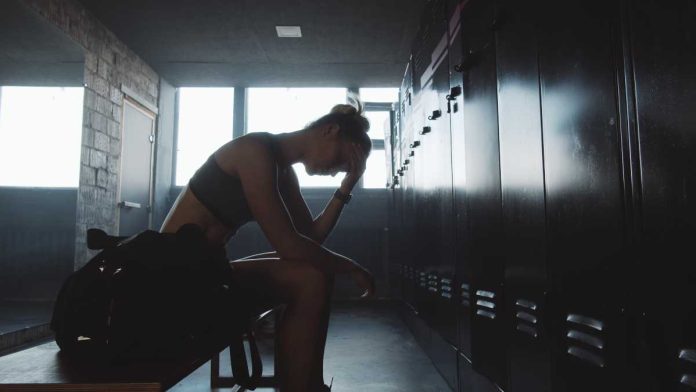After Ohio successfully updated its sports betting rules to involuntarily self-exclude bettors who threaten or attempt to harm athletes, other states are following suit.
West Virginia Delegate Shawn Fluharty introduced HB4700 this week to the legislature and it has already been referred to the Judiciary Committee. The bill is relatively straightforward and seeks to add a single line of text to the existing West Virginia Lottery Sports Wagering Act.
The proposed text is as follows:
“A patron may be banned from sports betting pursuant to subsection (d) of this section if the commission determines that the patron has harassed or shown a harmful pattern of conduct directed at a sports official, coach or any participants of a sporting event.”
Ohio first took note of the issue last year when University of Dayton Head Basketball Coach Anthony Grant anecdotally said his players were receiving more threats on social media commiserate with the launch of sports betting in the state.
In his research and work, Dr. Timothy Fong of UCLA said that a growing number of college athletes are telling him that they are experiencing added anxiety and stress stemming from fears that angry fans and losing bettors will verbally harass them.
NCAA President Charlie Baker has been drawing more and more attention to the added pressure student-athletes are facing now that sports betting has expanded so quickly in the U.S.
Just last month, the NCAA partnered with Signify Group to try to better track and measure the abuse athletes are receiving.
“This is a first-of-its-kind project in college sports focusing on online abuse and threats, while arming social platforms and law enforcement to take action to protect thousands of student-athletes and all championship participants. This pilot is just the start of much broader online protection measures the NCAA will put in place to guide our longer-term strategy in this crucial space,” Baker said of the effort.













